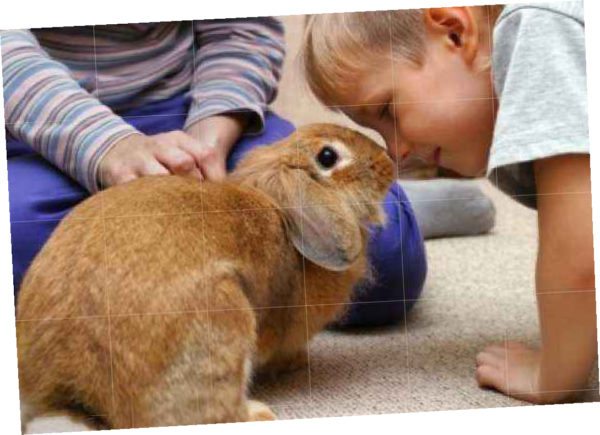A small parrot may be ideal for first-time and inexperienced bird keepers. In this article we will leave you with some tips for the care of small parrots. They include a wide variety of these birds, such as maroon-bellied conures, dusky parakeets, peach-fronted conures and Greek-cheeked conures.
Indice
The first thing to know is that parrots are very active and intelligent birds. They love to play, jump, dance and climb and can even learn to do simple tricks. A small parrot is a bird that will enjoy interacting with people, and will benefit from the daily exchange you can spend with it. This is why it is important to socialize with the parrot and allow it to spend some time outside its habitat each day. Of course, this requires supervision to avoid injury or loss.
Care for a small parrot
Some tips for caring for a small parrot are as follows:
- Spacious cage: Be sure to provide a cage large enough for the parrot to move around comfortably. It should be spacious enough so that it can spread its wings and jump from one perch to another. In addition, place toys and perches to keep him entertained.
- Adequate food: Parrots need a balanced diet. Provides a quality seed mix specifically designed for parrots, as well as a variety of fresh fruits and vegetables. You can also offer them small amounts of protein-rich foods, such as boiled eggs or pieces of cooked chicken.
- Fresh water: Make sure that clean, fresh water is always available in the parrot’s cage. Change the water daily to keep it free of contaminants.
- Socialization and attention: Parrots are social birds and need daily interaction. Spend time playing and talking with your parrot, and allow her to leave the cage under supervision to explore and stretch her wings.
- Regular bathing: Provide your small parrot with the opportunity to bathe. You can do this by gently spraying warm water over her or by providing a shallow bowl of water for her to bathe in on her own.
- Veterinary care: Take your small parrot to a veterinarian who specializes in birds for regular check-ups and to make sure it is in good health. In addition, consult your veterinarian about the need for vaccinations and deworming.
How they behave
A small parrot may pinch or bite its caregivers if it feels excited, confused or threatened. You should not yell at him, because it will have negative results.
In such cases, leave the bird on the ground in a safe area and walk away. It will be a sort of “time out” where he will learn that this is inappropriate behavior. To avoid bites, you can also pay attention to their body language. If you see the bird’s tail flaring out or lunging at you, it is likely that the bird is overwhelmed with emotions that could lead to a bite.
On the other hand, parrots tend to squawk, chatter and warble constantly. So you will have to get used to the sounds these birds make.
Image courtesy of https://pixabay.com, all rights reserved.







